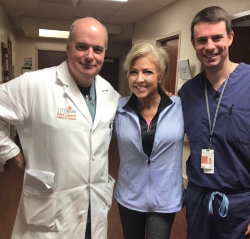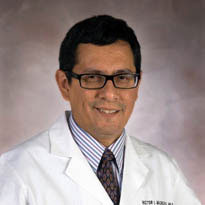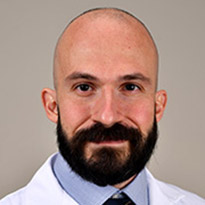Liver Transplant Evaluation
Once the medical team and patient have chosen the path of transplantation for treatment, the patient will receive a thorough evaluation from the liver transplant team, which includes transplant hepatologists, transplant surgeons, transplant nurses, financial counselors, social workers and dietitians.
The overall evaluation takes approximately three days and includes:
- Diagnostic & Blood Testing, including blood tests, x-rays, ultrasounds, CT scans and cardiac testing.
- Appointments to See Other Specialists, such as cardiologists, gynecologists, urologists and gastroenterologists, as necessary, to determine if it is safe to proceed with kidney transplantation.
- Psychosocial Evaluation, to help prepare the patient and loved ones for liver transplantation. Financial counselors are also available to help make necessary arrangements prior to transplantation.
- Patient Education, to help the patients and their loved ones fully understand the transplant process, a crucial step in successful kidney transplantation.
Once the evaluation is complete and the results of the tests are received, the multidisciplinary transplant team will confirm that liver transplantation is the correct option for the patient. After being confirmed as a transplant candidate, the patient will be placed on the national waiting list for deceased-donor liver transplantation.
MELD Score and the Liver Transplant Waiting List
Livers from deceased donors are a scarce resource. In order to distribute this scarce resource most fairly, liver patients are ranked on the waiting list according to the severity of their illness.
The Model for End-Stage Liver Disease (MELD) score is based on three specific laboratory tests: bilirubin, INR and serum creatinine. The MELD score ranges from 4 to 40 and is used to rank patients on the waiting list.
Patients with higher MELD scores get first priority when a liver becomes available. In some cases, patients with certain diseases such as liver cancer may receive additional MELD points based on their disease.
Patients awaiting liver transplantation on our transplant list are seen by Transplant Center physicians on a regular basis to ensure that they will be ready for transplantation when a liver becomes available.
Liver Transplant Procedure
When a liver becomes available, the patient is notified and immediately admitted to the hospital, where the patient meets with a transplant hepatologist and a transplant surgeon, who will answer the patient’s questions. Prior to surgery, the patient will sign a consent form authorizing the procedure.
Liver transplantation is a major operation, performed under general anesthesia, that requires a specialized team of surgeons, specialized transplant anesthesiologists and operating room staff. The procedure, which involves removing the patient’s diseased liver and implanting the new one, usually takes 4-6 hours but may take longer in patients with prior abdominal surgery.
Following the procedure, patients are taken directly to a dedicated Transplant Surgical Intensive Care Unit (TSICU) to recover. All patients will have a urine catheter and a special IV for administering medications, both of which are typically removed within two days of transplant. In addition, the patient will have several abdominal drains in place for several days, and a small drain in the bile duct.
Most patients are in stable condition and are awake the same day as their liver transplant. The majority of patients are transferred out of the TSICU to the regular transplant surgery floor within two days of their transplant. Eating, drinking and walking are strongly encouraged as soon as possible after transplant. Most patients are discharged from the hospital within a week of their surgery.










